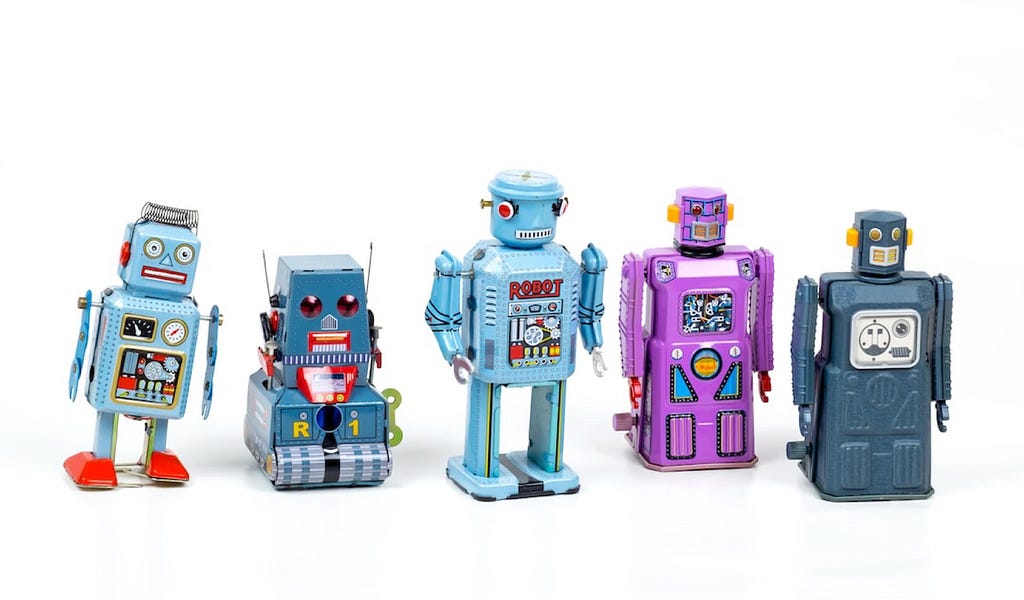This article explores the environmental impact of generative AI and discusses its potential benefits. It highlights that generative AI can lead to productivity gains and potentially reduce inequality within certain occupations. However, it raises concerns about the environmental cost of generative AI and its impact on overall resource consumption. The article concludes by discussing the role of generative AI in accelerating the green transition.

Is Generative AI Worth Its Environmental Footprint?
Generative AI, a technology that generates text, is gaining attention and being integrated into various digital products. However, this technology may have a significant environmental impact if widely adopted.
But is the value we gain from generative AI worth the potential environmental costs? Let’s explore the potential benefits.
Potential Productivity Gains
Generative AI can lead to productivity gains in various tasks. Studies have shown that using generative AI tools like ChatGPT can significantly reduce the time spent on tasks and improve the quality of solutions. For example, users of ChatGPT spent 40% less time on tasks and had solutions that were 18% higher in quality compared to those who didn’t use it.
Similarly, software developers reported a 88% increase in productivity when using generative AI tool GitHub Co-Pilot [4]. These productivity gains far exceed the average annual labor productivity increase observed in the US and the EU.
While not all programming tasks may benefit equally from generative AI, as the technology advances, we can expect higher and more widespread productivity gains.
Net Positive Technology?
There are debates on whether generative AI will be a net positive or net negative technology in terms of its environmental impact. It’s difficult to determine the exact carbon costs of generative AI compared to other activities like Google searches. However, it’s clear that generative AI can save consumption in some areas.
Though generative AI may have some positive effects on productivity and possibly even reducing skill inequality, it may contribute to rising inequality between different occupations and nations. Previous research has shown that automation technologies can increase economic disparity.
Speeding up the Green Transition
While generative AI may not directly contribute to the green transition, other types of AI can help reduce energy consumption and fight climate change. AI can optimize shipping routes, reduce energy consumption in buildings, and combat deforestation.
In conclusion, generative AI has the potential to bring productivity gains and possibly reduce skill inequality. However, it comes at an environmental cost. Whether the benefits outweigh the costs is a value judgement that organizations need to make. Consider implementing AI solutions gradually and identifying automation opportunities based on your specific needs.
For practical AI solutions that can redefine your company’s way of work and improve customer engagement, consider connecting with itinai.com. They offer AI-driven tools like AI Sales Bot, designed to automate customer interactions and enhance sales processes.
List of Useful Links:
- AI Lab in Telegram @aiscrumbot – free consultation
- Is Generative AI Worth Its Environmental Footprint?
- Towards Data Science – Medium
- Twitter – @itinaicom



























